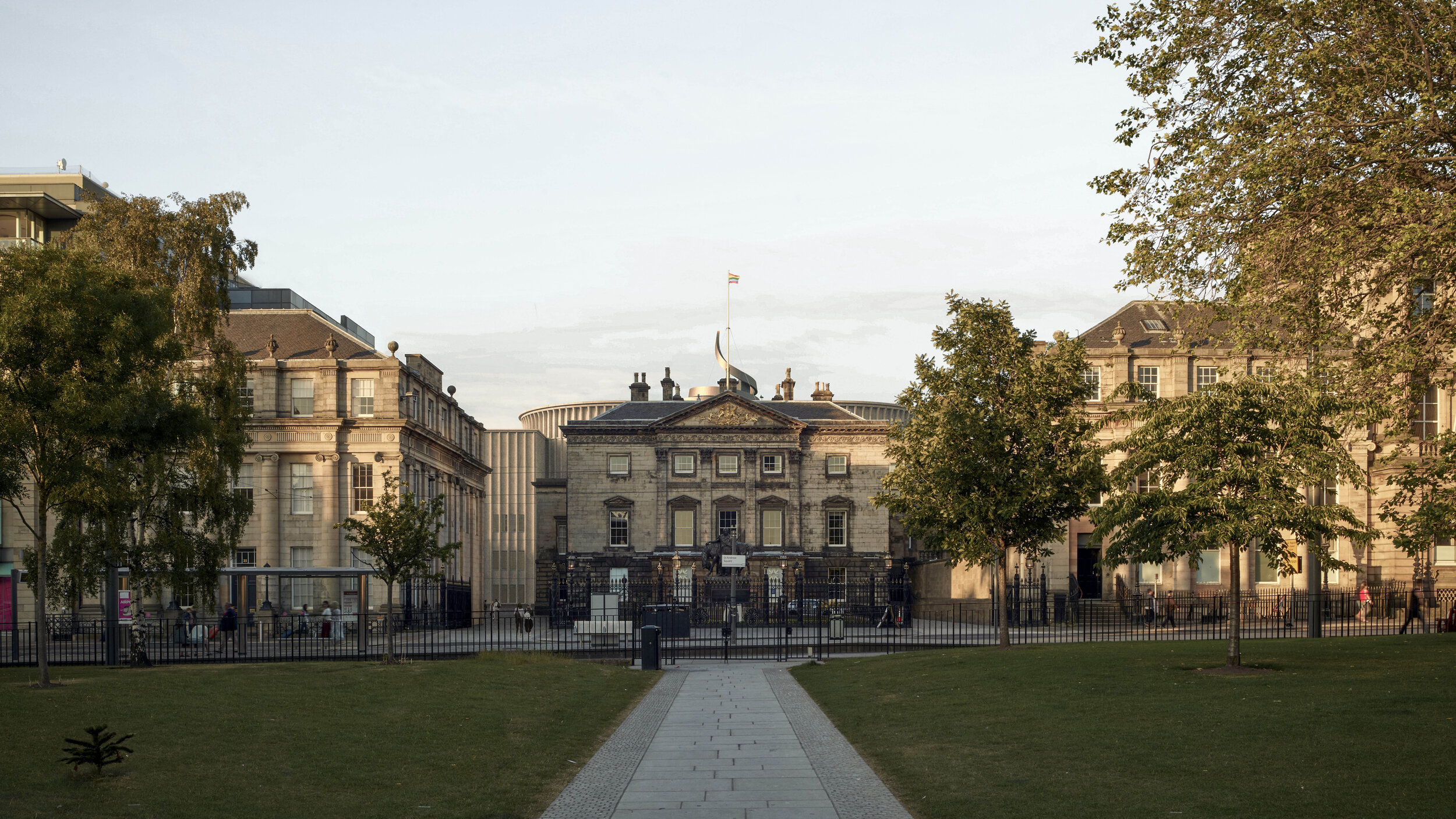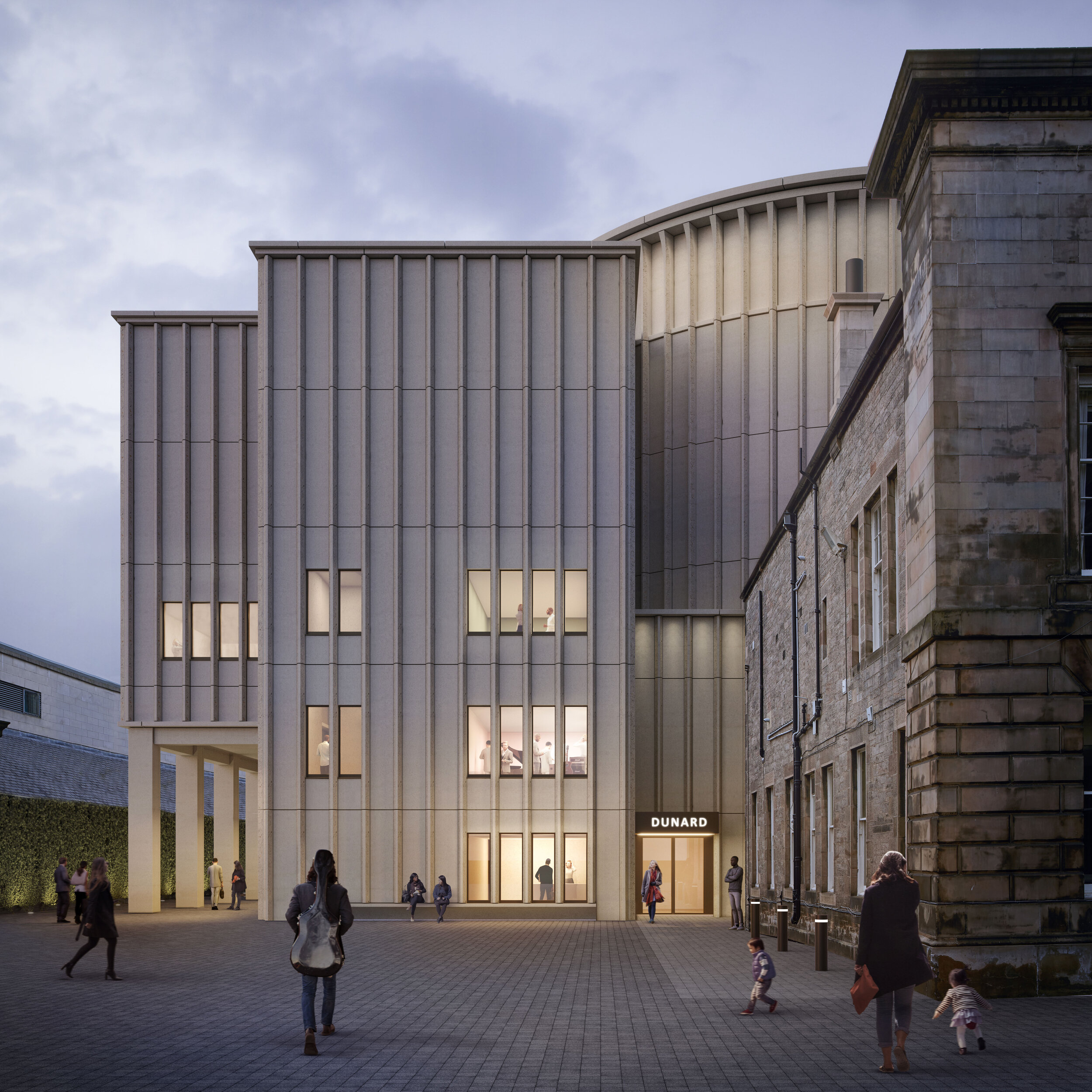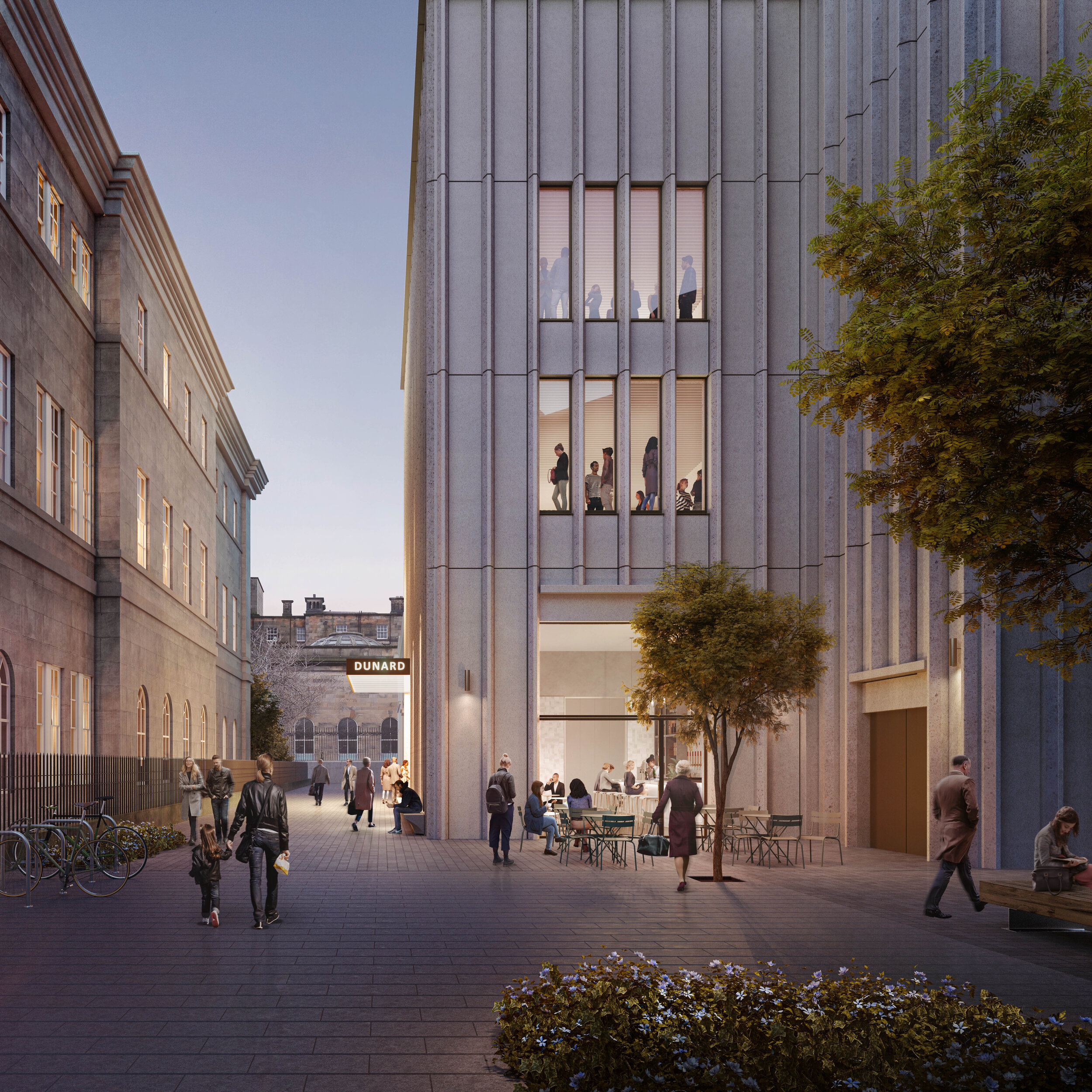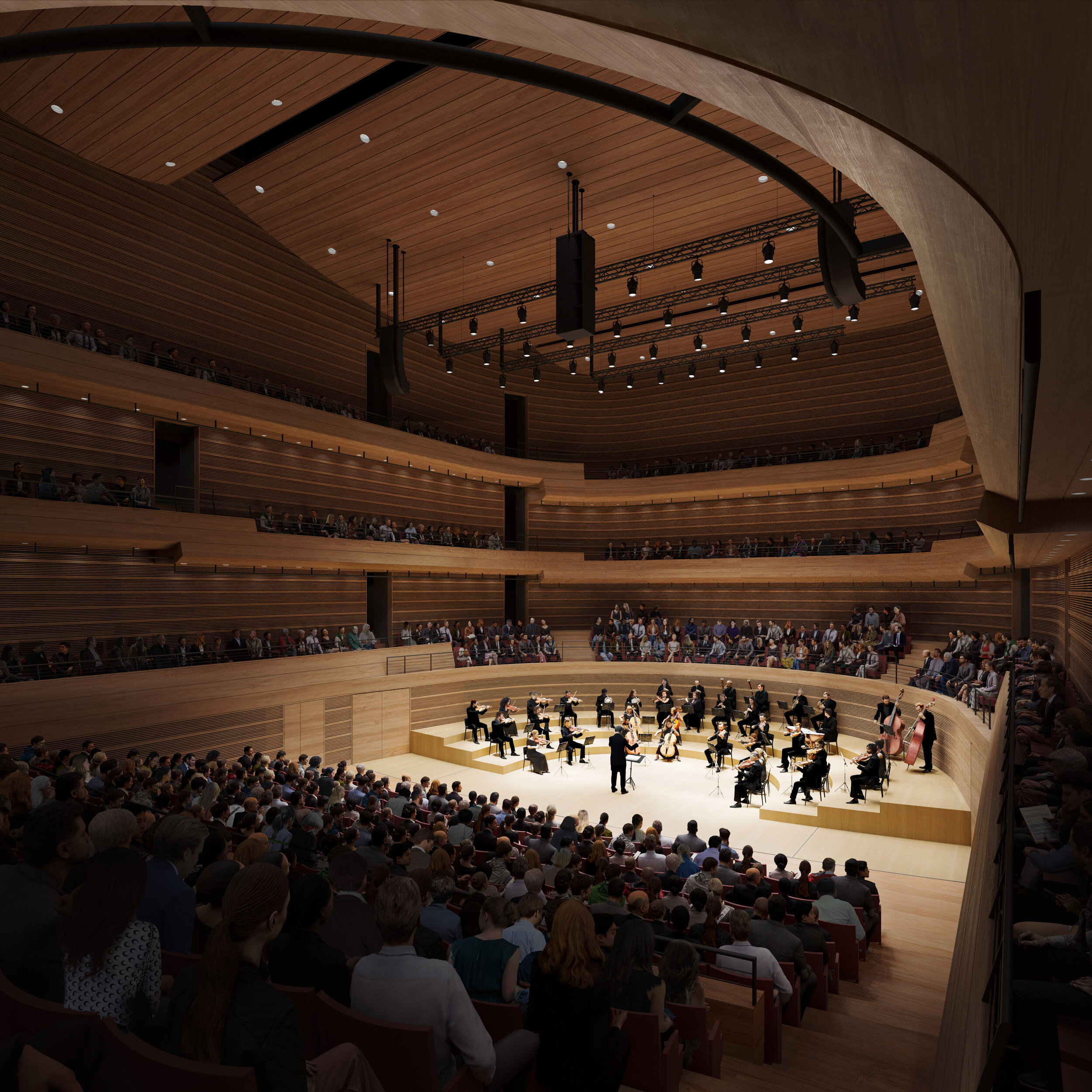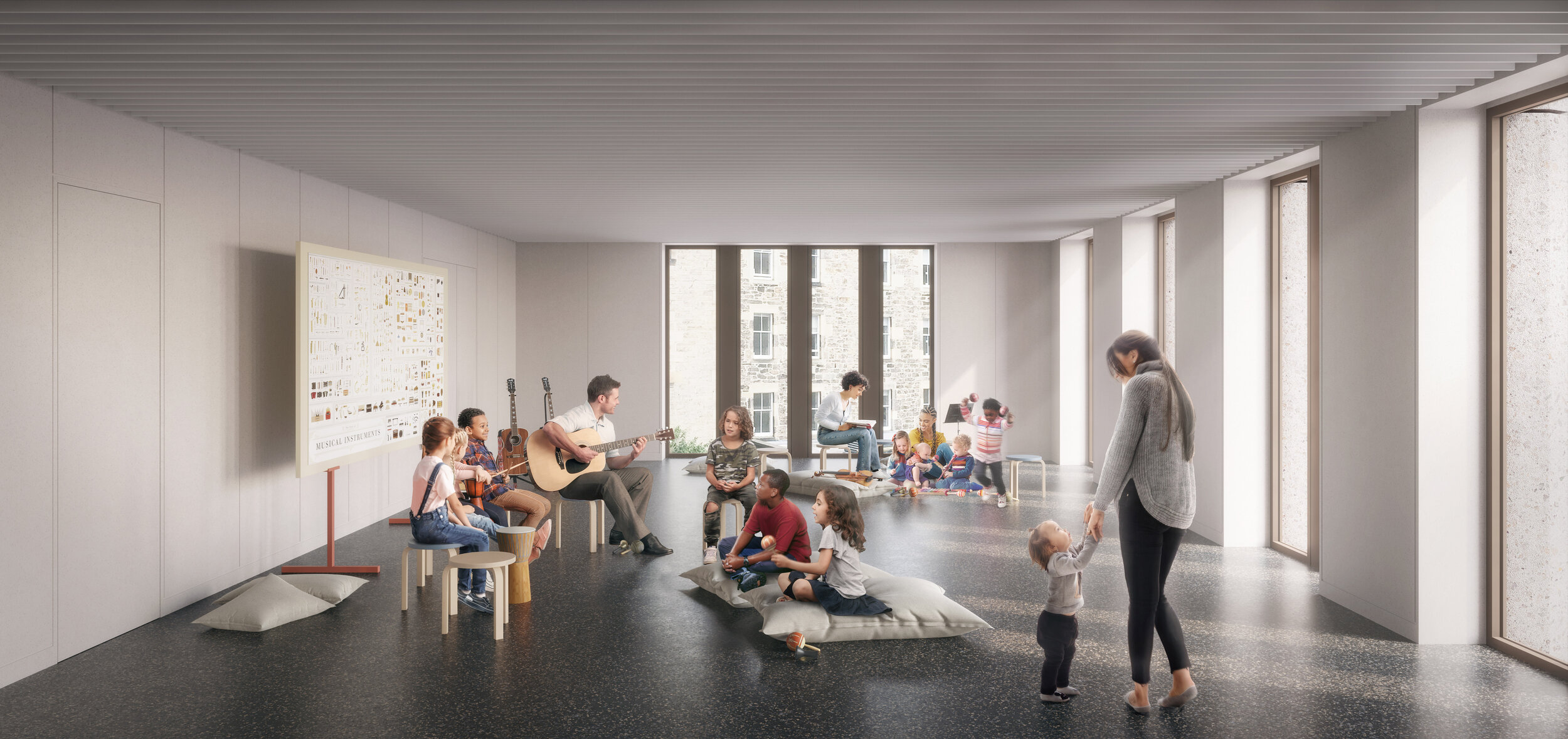The business case supporting development of a flagship food & drink innovation hub in East Lothian has been given the green light by officials, unlocking £40m City Region Deal funding for Edinburgh Innovation Park. The full business case was passed by Edinburgh and South East Scotland City Region Deal Joint Committee after a presentation by joint venture partners for the development, Queen Margaret University (QMU) and East Lothian Council.
The Food and Drink Innovation Hub is supported by £28.6 million from the UK Government, £1.4 million from the Scottish Government and £10 million from East Lothian Council as part of the Edinburgh and South East Scotland City Region Deal. The deal is a £1.3 billion regional investment programme jointly funded by the UK and Scottish governments and regional partners.
Closely aligned to the University’s strengths, the hub will focus on food and drink related innovation within the context of health and wellbeing and will include serviced laboratories and office accommodation as well as facilities for events. It will accommodate facilities of the Scottish Centre for Food Development and Innovation, already a successful research partner to the food and drink sector, and will offer access to equipment, knowledge and skills to support product development and product launches. As well as bricks and mortar, there will be a full programme of activities to foster innovation, boost female entrepreneurship, and address market and societal need.
The innovation hub is in a prime strategic location next to the QMU campus on the boundaries of both Edinburgh and Midlothian. The hub will be the anchor for Edinburgh Innovation Park which will be developed over time to create a nationally significant centre of knowledge exchange, innovation and high value business growth.
Work will commence immediately to select the design team and finalise designs for the hub. Construction is expected to begin early in 2023 and will be completed in 2025.
Sir Paul Grice, Principal, Queen Margaret University said:
“This is great news for East Lothian, and for Scotland’s food and drink sector, especially as it relates to society’s health and wellbeing. The committee’s approval to release £40 million City Deal funding will aid economic recovery from the impacts of the pandemic by bringing quality jobs and investment to the area, and by supporting an important sector through research, knowledge exchange and skills training. Together with our joint venture partners East Lothian Council, we can now move forward to realise our vision of a strategic, sustainable development that will promote inclusive growth.”
Councillor Norman Hampshire, depute council leader, said:
“I’m absolutely delighted to reach such an important milestone for this exciting project which will promote inclusive growth locally and regionally and create a significant number of new jobs and skills pathways. East Lothian, Scotland’s food and drink county, is the perfect location for a Food and Drink Innovation Hub.
“The importance of growing the economy has been heightened by the challenges of the pandemic and the need to focus on securing a strong recovery. In one of Scotland’s fastest growing areas, we must provide opportunities for good-quality, local employment as well as opportunities for young people.
“This is Phase 1 of our plans for the wider Edinburgh Innovation Park providing a unique opportunity to transform a strategic economic development site, owned by East Lothian Council.
“Working with our partners, the Edinburgh and South East Scotland City Region Deal and Queen Margaret University, this project will deliver significant benefits for the people of East Lothian.”
James Withers, Chief Executive of Scotland Food and Drink, said:
“Despite the challenges the industry has faced over the last year, Scotland’s food and drink sector has huge opportunities ahead of it, both in markets locally and globally. Pivotal to grasping these opportunities is innovation and increasing the collaborative working between Scotland‘s universities, research base and our food and drink producers. This investment is exactly the kind of catalyst to make that happen.”
UK Government Minister for Scotland Iain Stewart said:
"Scotland already has a global reputation for quality food and drink and this new hub will cement its place as a world in leader with a focus on the new fields of health and wellbeing. This will bring new companies and investment to the area and create jobs.
"Across Scotland the UK Government is investing more than £1.5 billion into City and Growth Deal projects, helping communities to build back better from the pandemic."
The Scottish Government’s Economy Secretary Kate Forbes said:
“I’m very pleased to see progress being made in the delivery of the food and drink innovation hub, funded through the Edinburgh and South East Scotland City Region Deal, that will bring high quality jobs to the area as well as increase skills and foster innovation in the food and drink sector.
“City Region and Growth Deals will be a crucial part of our economic recovery from the pandemic as we work towards a fairer and more inclusive Scotland. We are investing £300 million over 15 years to the Edinburgh and South East Scotland City Region Deal across transport, housing, culture, innovation and skills to help achieve this.
“This is a crucial time for business, trade and investment in Scotland and investing in our communities will ensure every part of Scotland recovers from the pandemic, helping build an economy for everyone.”




